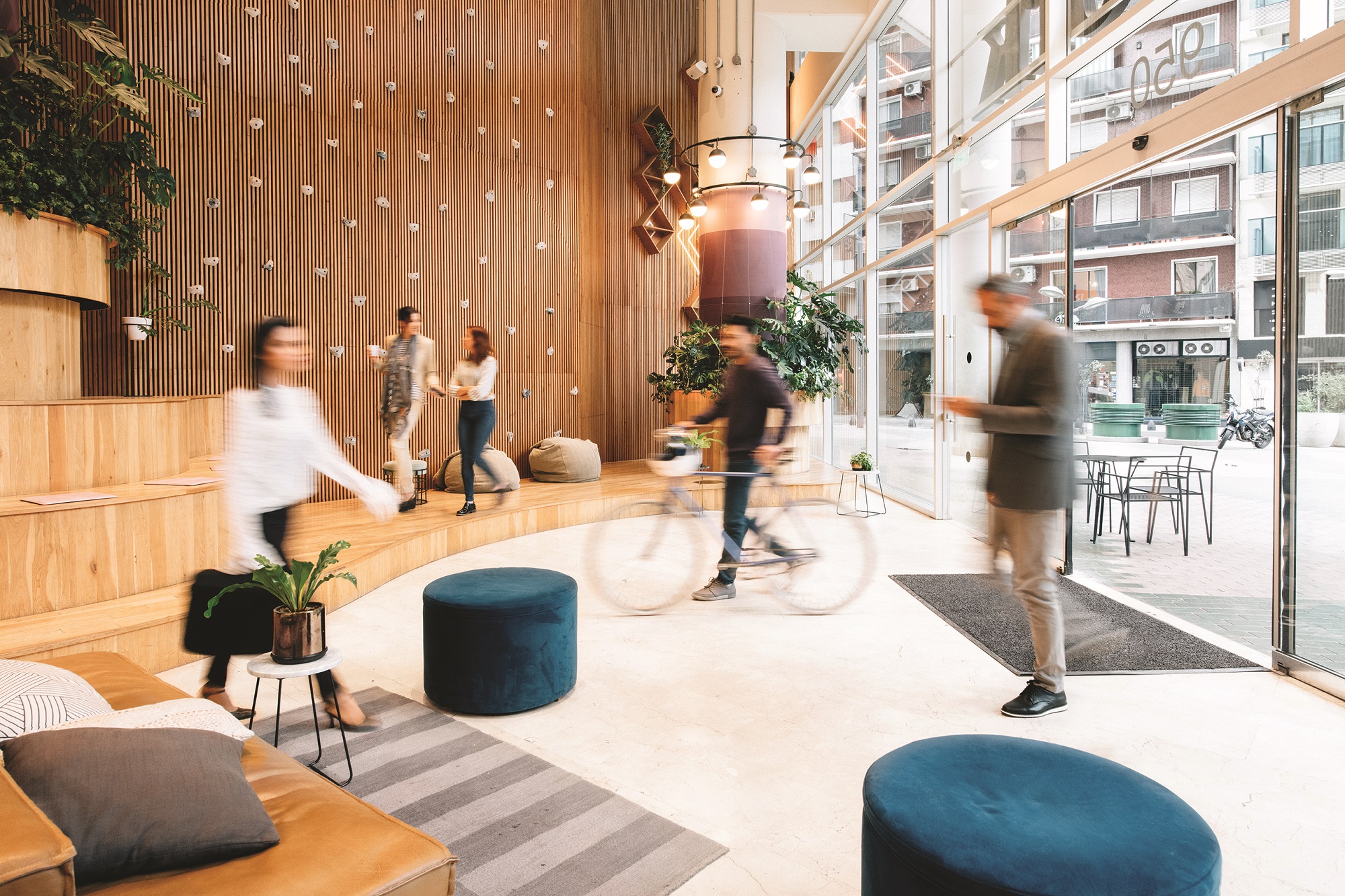
A new survey by global real estate consultancy JLL suggests that New Zealand businesses are ready to embrace a flexible working model as central to their future growth strategies.
Furthermore, almost half of those surveyed said they plan to redesign their office environment to accommodate this new dynamic within the next 12 months.
JLL spoke to 36 New Zealand businesses across a range of industries, including manufacturing, technology, financial services and the public sector, as part of a wider survey of 241 businesses across the Asia-Pacific region.
Todd Lauchlan, managing director, JLL NZ, said that while there were minor differences in the responses from each region, broad alignment on key trends is indicative of a global movement towards a new way of working, with the office at the centre of that approach.
“Businesses almost universally agree that to maximise the potential of the hybrid model and attract and retain the best talent, they will need to invest in more than just technology solutions to make the office a more productive and collaborative space.”
“We know that in New Zealand, businesses are not simply looking for space that will accommodate flexible working; they want it to be modern, sustainable and state-of-the-art to enhance the overall office experience.”
“Employees are looking for offices that provide a place for them to share experiences with their colleagues; where they can meet, eat, learn, and connect. Human-centred offices that meet the varied needs of employees are in high demand, and premium office buildings in top locations have virtually no vacancies now, as businesses look to up their game.”
The survey also revealed New Zealand businesses are optimistic that embedding a new flexible work model will bring tangible results – although with typical Kiwi fatalism, we’re a little less optimistic than our APAC cousins. Sixty seven per cent expect performance to improve over the next 12 months, versus a regional average of 72 per cent.
While businesses may agree that this approach can foster greater workforce diversity and wellbeing, there’s also consensus around the need to guard against it impacting negatively on career progression, collaboration, and organisational culture.
Almost half of the businesses surveyed believe it’s essential for graduates or those in entry-level roles to be based in the office full-time.
And while anecdotal evidence suggests that Gen Z continue to value the social dimension and even creature comforts the office provides, Lauchlan said they can’t be asked to go it alone.
“The office environment accelerates learning and development opportunities, be this through a structured framework or just being able to absorb what’s going on around you.
“This is particularly evident for early-career professionals, but it also provides a platform for two-way mentoring, helping leaders stay connected to evolving trends and human needs. This is why we ultimately see the new model as evolution, not revolution.”
Comment below to have your say on this story.
If you have a news story or tip-off, get in touch at info@incleanmag.co.nz.
Sign up to INCLEAN NZ’s newsletter.